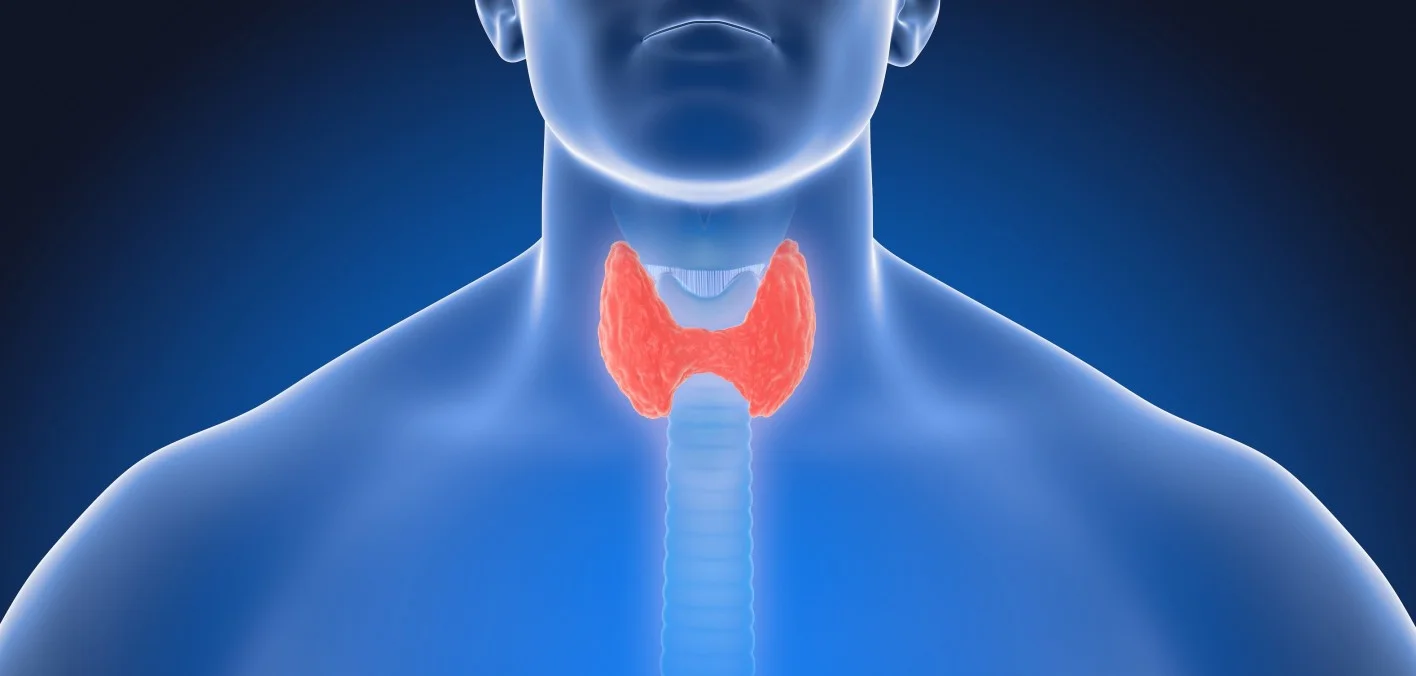Advanced paternal age is on the rise and more studies need to be done to address it’s possible effects on fertility health.
Read MoreMany of the women walking in to the clinic are rarely investigated for their heavy cycles. It can be a large factor into your fertility case since many of the conditions above can directly effect one’s ability to conceive.
Read MoreIn summary, patients with PCOS have a higher incidence of ATD and are at greater risk for metabolic disorders. Symptoms of androgen excess appear to be less associated with patients presenting with both ATD and PCOS.
Read MoreIn 2004, the Center of Human Reproduction was the first clinic to implement DHEA in infertility treatments, with numerous, published studies showing benefit, primarily in patients with diminished ovarian reserve.
Read MoreVitamin D is a key player in reproductive health. It is required for ovarian follicular development, regulation of AMH and FSH levels, progesterone production, and most importantly glucose balance, all of which are affected in patients struggling with PCOS.
Read MoreResults show a significant increase in pregnancy viability to 20 weeks of gestation and a higher live birth rate (take-home baby rate) in the group of patients treated with NAC + folic acid. The live birth rate in the NAC + folic acid group was 56.3%, compared to 37.2% in the group being administered folic acid alone.
Read MoreDepending on your case, Black cohosh can be an effective adjunctive treatment for couples using Clomid. It can improve pregnancy rates and cycle outcomes.
Read MoreThis is one of the first studies that demonstrate a significant positive correlation of melatonin levels and the quantity and quality of oocytes, which can influence IVF outcomes.
Read MoreFewer eggs at retrieval and lower egg quality are two primary issues facing women attempting ART treatments. CoQ10 is a low cost antioxidant that is often used for male infertility. A 2018 study demonstrated that C0Q10 can enhance IVF or ICSI with just 60 days of administration.
Read MoreBasal Body Temperature (BBT) is a great tool to provide more insight into your fertility. It is cost effective, easy to use, and can provide insight about your hormone fluctuations throughout the month.
Read MorePreconception care is all about prevention and management. Identifying any factors in one’s health that may be an obstacle for conception and pregnancy outcome. Being optimally healthy prior to conception can save many couples from going down that long path of infertility.
Read MoreWe always screen for DHEA levels as part of our standard fertility work up. It is easily measured in blood or saliva and can be safely taken orally to improve levels. We’ve seen DHEA improve energy, memory, muscle, libido & mood in women of all ages. It is a very low cost therapy with a broad spectrum of benefits including fertility as evidenced in this study.
Read MoreWhy is progesterone testing important? It can determine if ovulation is occurring or if progesterone levels are not in optimal ranges to conceive. Progesterone is one of the main hormones for sustaining a pregnancy. It maintains the uterine lining and ensures a healthy environment for implantation.
Read MoreAt least 50% of infertile couple's problems are related to male factor infertility. Curcumin is a powerful antioxidant, anti-inflammatory substance that can be used to improve a variety of semen parameters.
Read MoreIf you are struggling with infertility, recurrent miscarriage, symptoms of hypothyroidism, been on synthroid for a number of years with no change in your health, proper testing may be warranted and required to optimize your thyroid function for a healthy conception and birth.
Read MoreThere are many pitfalls when looking at a semen analysis and should not be the only factor considered in any fertility case.
Read MoreThe number of follicles >18mm and the mean endometrial thickness were significantly higher among the NAC + Clomiphene group compared to the other two groups.
Read MoreIdentifying and treating insulin resistance can greatly benefit patient’s fertility outcomes. Depending on each patient, a specific diet, supplements, and lifestyle changes are recommended to promote insulin sensitivity. This not only benefits conception rates, it can improve egg quality and development, and promote a healthy birth to term.
Read More










